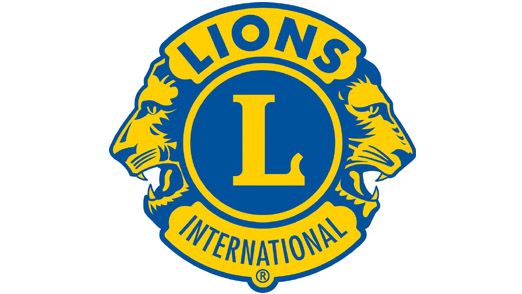Pennsauken Township’s municipal government is designating January as Radon Action Month, in cooperation with the New Jersey Department of Environmental Protection (DEP) Radon Program.
Radon is a serious health risk. It is the second leading cause of lung cancer, and the leading cause of lung cancer among non-smokers. But because radon is invisible and odorless, it is easy to ignore this potential health hazard.
Radon is a radioactive gas that occurs naturally when uranium and radium break down in the soil and in rock formations. Radon gas moves up through the soil and finds its way into homes through cracks in the foundation and openings around pumps, pipes and drains.
According to the New Jersey Department of Environmental Protection Radon Section, Pennsauken Township is classified as Tier 3, which indicates that at least 25 homes in Pennsauken were tested for radon; out of that number, less than five percent had radon concentrations at unsafe levels. This tier assignment is based on all testing data available to the Department, including mandatory radon test results reported by certified radon measurement businesses and former voluntary radon test results. And while this tier assignment normally indicates a low potential for indoor radon problems, the New Jersey Department of Environmental Protection would like to see as many homes tested as possible to reduce the radon risk.
Radon is measured in picoCuries per liter (pCi/L) of air. The average U.S. indoor level is 1.3 pCi/L. At 4 pCi/L, the risk of lung cancer from radon is greater than the risk from fire or other home accidents. The U.S. Environmental Protection Agency and the DEP recommend that action be taken to reduce radon levels if the level in the home is greater than or equal to 4 pCi/L.
Fortunately, testing for radon is simple and inexpensive. The DEP Radon Program can provide a list of certified companies that provide testing services or do-it-yourself kits. Pennsauken residents can contact the Program at (800) 648-0394 or visit www.njradon.org. Test kits can also be obtained from many hardware stores and health departments.
If the test indicates a radon problem, radon mitigation systems can be installed at a cost similar to that of other home repairs. A list of certified mitigation companies is also available from the Radon Program.
For more information on radon, contact the DEP Radon Program at (800) 648-0394 or visit www.njradon.org.

